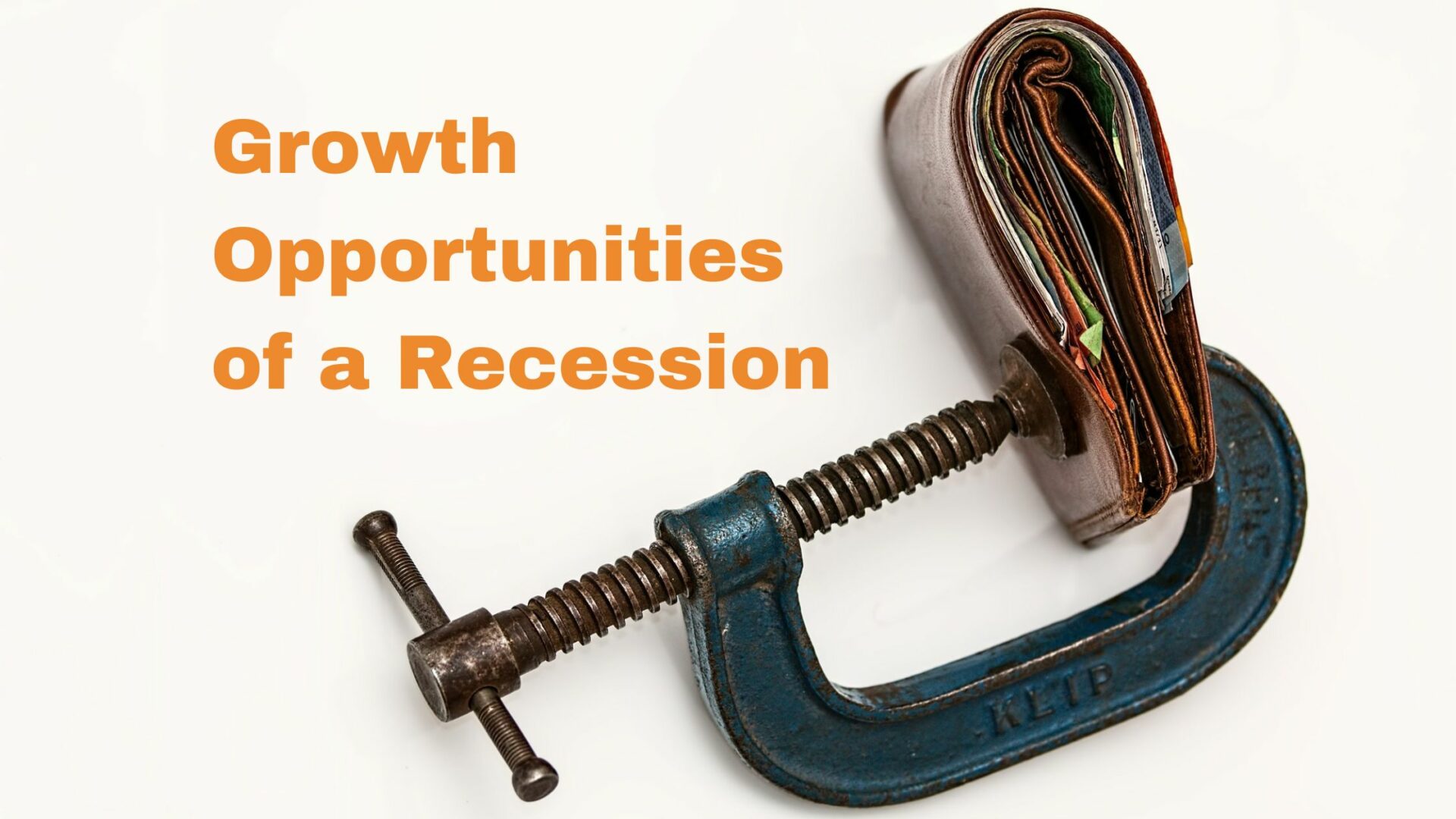8 CRUCIAL TIPS FOR A REMOTE WORK ENVIRONMENT:
I recently read an account by solo yachtswoman Dee Caffari of how she deals with the difficulty of long-term isolation at sea and it struck me how applicable her guidance also was to dealing with the current challenges being faced by business leaders and owners.

Her advice boiled down to the following 8 tips, to which I’ve added some further context that is particularly relevant to the work environment:
- Communicate – be supportive to others and don’t be afraid to ask for help yourself; remember that your staff and colleagues all have their personal issues too, so take more time than you might do normally to focus on those aspects rather than just the work issues you need to discuss.
- Create a structured routine – don’t allow yourself to be thrown into a spin by any major changes to your usual working pattern or environment, such as having to work from home; having a routine will give you a stronger sense of purpose and focus that will make you feel better about yourself and will also help you to allocate your time more productively in addressing the range of specific challenges you face.
- Use technology – there is a lot of technology available now, much of it for free, that can help you maintain contact and support a revised but still viable way of working. In particular, tools like Zoom, Skype and Teams can be really powerful in helping you and your work colleagues keep in touch and maintain a visual connection with each other, which can be really important in sustaining a sense of team and togetherness.
- Focus on what you can control – don’t waste energy on those things you can’t affect or influence, which at the moment might be quite numerous. If you find yourself feeling overwhelmed by the waves of negative news and information, then try to limit your exposure to it – this could be a good time to take that holiday from social media that many of us think about but never quite get around to. Try to think about what is happening now rather than what might happened in the future and do what you can to make things as good as they can be in the circumstances – don’t look too far forward, not least because things are changing too fast to have any real certainty about how things will turn out longer term.
- Keep perspective – you are not the only one in this position, in fact around the world and even here at home there will be many who are worse off. This crisis will pass and things will get better, just take one day at a time and try to find a few minutes of quiet at some point in the day to remind yourself of the positives; there will be more of them than you think.
- Seek out the silver linings – look for the opportunities that this change in circumstances might offer, whether that’s to address something that you continually put off in more normal times, to learn new skills, even if it’s because you have to, or to come up with creative solutions that you might not have dreamt of in the absence of such unusual or extreme pressure.
- Adapt – accept what’s happening and move on so that you don’t waste time and energy fighting the reality of your situation. Acceptance is often described as the final stage of the grief process and is key to being able to move on and return to some sense of calm and normality. Once you’ve stopped fighting the reality, you will be far more flexible and open to new ideas and ways of doing things.
- Learn for the future – things will change for the better in the future, so we should see this as an opportunity to learn about ourselves and to resolve to be a better version of ourselves, both personally and professionally, when things get back to normal.





